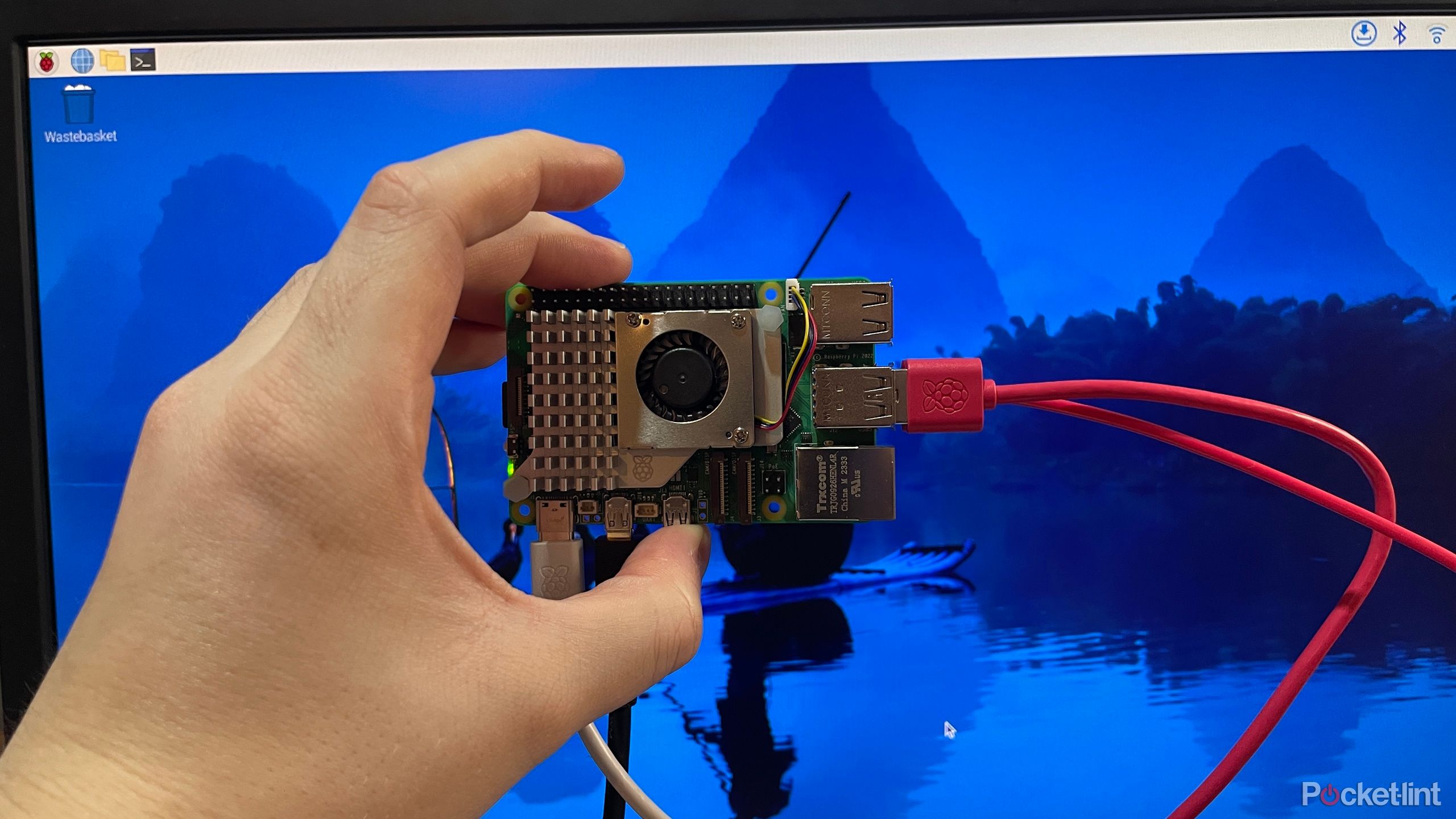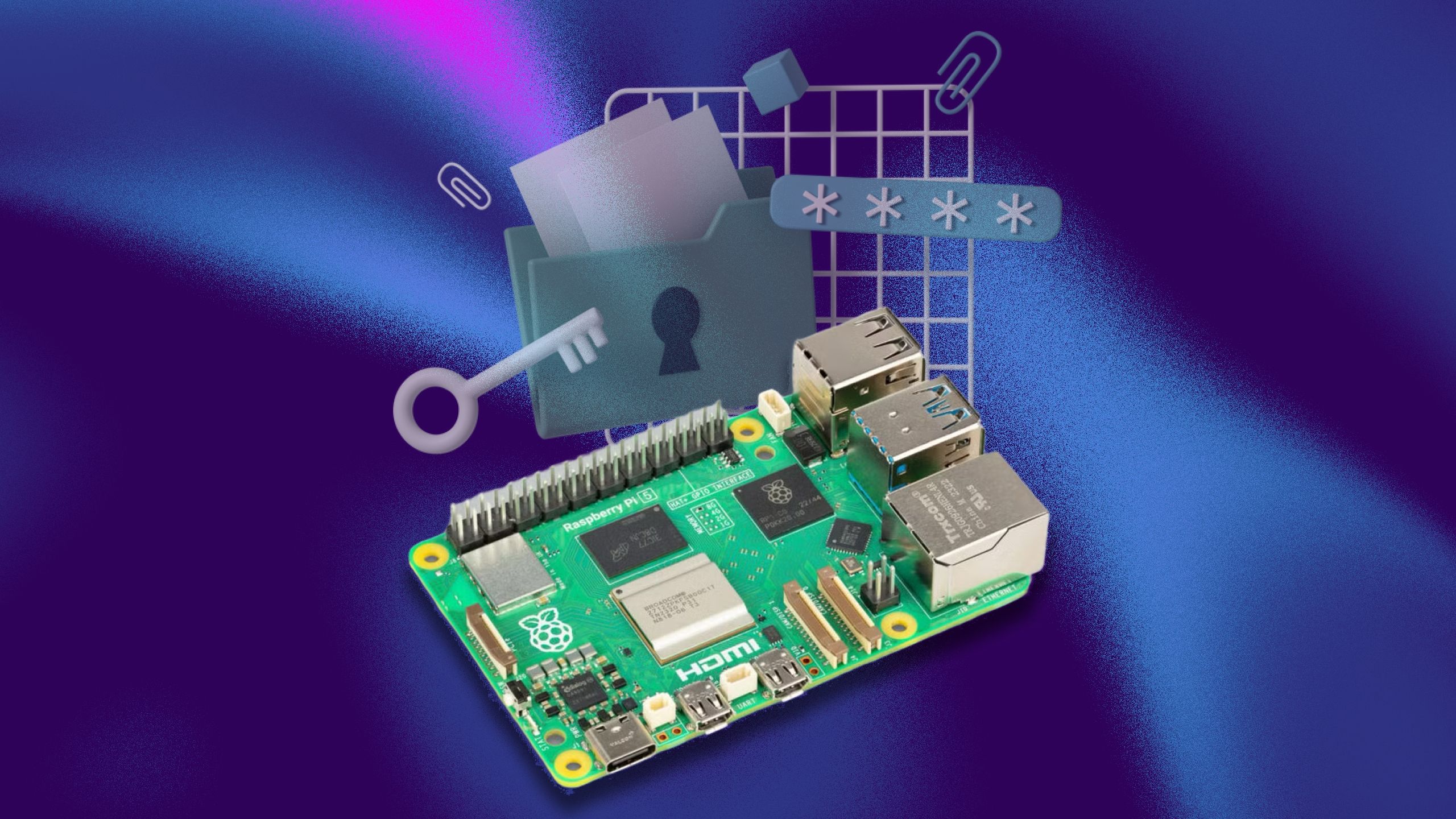As the Internet of Things (IoT) continues to revolutionize industries, the demand for reliable remote IoT platforms has surged. Among various devices, Raspberry Pi stands out as a powerful and cost-effective choice for IoT projects. In this comprehensive guide, we'll explore the best remote IoT platforms designed for Raspberry Pi, helping you make an informed decision.
Whether you're a hobbyist tinkering with home automation or a professional developing scalable IoT solutions, choosing the right platform is crucial. With numerous options available, it's essential to evaluate each platform's capabilities, features, and compatibility with Raspberry Pi.
This article will provide an in-depth analysis of the top remote IoT platforms, their advantages, and how they integrate with Raspberry Pi. By the end of this guide, you'll have the knowledge to select the perfect platform for your IoT projects.
Read also:Discovering Shailene Woodley The Journey Of A Versatile Actress
Table of Contents
- Introduction to Remote IoT Platforms
- Overview of Raspberry Pi in IoT
- Criteria for Selecting the Best Remote IoT Platform
- Top Remote IoT Platforms for Raspberry Pi
- Key Features to Consider
- Comparison of Remote IoT Platforms
- Integration with Raspberry Pi
- Security Considerations
- Real-World Use Cases
- Conclusion and Recommendations
Introduction to Remote IoT Platforms
Remote IoT platforms serve as the backbone of IoT ecosystems, enabling devices like Raspberry Pi to communicate, process data, and execute commands seamlessly. These platforms offer a range of functionalities, from data collection and visualization to device management and analytics.
The best remote IoT platform for Raspberry Pi should provide robust features, ease of integration, and scalability. Understanding the core functionalities of these platforms is essential for selecting the right one for your project.
With the growing popularity of Raspberry Pi in IoT applications, developers need platforms that cater to both beginner and advanced users. This section will explore the fundamental aspects of remote IoT platforms and their role in enhancing Raspberry Pi's capabilities.
Overview of Raspberry Pi in IoT
Raspberry Pi has become a staple in the IoT landscape due to its affordability, versatility, and open-source nature. This credit-card-sized computer offers a wide range of GPIO pins, wireless connectivity, and processing power, making it ideal for IoT projects.
For remote IoT applications, Raspberry Pi can act as a gateway, collecting data from sensors and transmitting it to cloud platforms for further analysis. Its compatibility with various operating systems and programming languages adds to its appeal for developers.
Some popular use cases for Raspberry Pi in IoT include home automation, environmental monitoring, and industrial automation. By leveraging the right remote IoT platform, users can unlock the full potential of their Raspberry Pi devices.
Read also:Discover The Best Features Of My Dasi Net Com A Complete Guide
Criteria for Selecting the Best Remote IoT Platform
When evaluating remote IoT platforms for Raspberry Pi, several factors must be considered:
- Scalability: Can the platform handle increasing numbers of devices and data points?
- Compatibility: Does the platform support Raspberry Pi and its operating systems?
- Security: How robust are the platform's security features?
- User Interface: Is the platform easy to use and navigate?
- Community Support: Is there an active community or support system available?
These criteria ensure that the chosen platform aligns with your project requirements and future scalability needs.
Top Remote IoT Platforms for Raspberry Pi
ThingsBoard
ThingsBoard is a powerful open-source IoT platform that provides a comprehensive suite of tools for managing IoT devices. It supports Raspberry Pi seamlessly, offering features such as data visualization, rule engine, and device management.
Key advantages of ThingsBoard include:
- Highly customizable user interface
- Support for MQTT, HTTP, and CoAP protocols
- Scalable architecture for enterprise-level deployments
ThingsBoard is an excellent choice for developers looking for a flexible and open-source solution for their Raspberry Pi-based IoT projects.
Azure IoT Hub
Azure IoT Hub, part of Microsoft's Azure cloud platform, offers a robust solution for managing IoT devices at scale. With built-in support for Raspberry Pi, Azure IoT Hub provides features such as device-to-cloud messaging, file upload, and device management.
Advantages of Azure IoT Hub include:
- Integration with other Azure services like Azure Stream Analytics
- Advanced security features, including role-based access control
- Global scalability and reliability
Azure IoT Hub is ideal for organizations seeking enterprise-grade IoT solutions with seamless Raspberry Pi integration.
The Things Network
The Things Network (TTN) is a community-driven IoT platform focused on LoRaWAN technology. It provides a free and open infrastructure for connecting IoT devices, including Raspberry Pi, to the internet.
Key features of The Things Network include:
- Low-power, long-range connectivity for IoT devices
- Community-driven support and resources
- Integration with popular IoT platforms like AWS IoT and Google Cloud
The Things Network is a cost-effective option for Raspberry Pi users looking to implement LoRaWAN-based IoT solutions.
Bosch IoT Suite
Bosch IoT Suite offers a comprehensive set of tools for building and managing IoT applications. It supports Raspberry Pi and provides features such as device management, data analytics, and integration with third-party services.
Advantages of Bosch IoT Suite include:
- Enterprise-grade security and reliability
- Pre-built connectors for popular IoT devices
- Scalable architecture for large-scale deployments
Bosch IoT Suite is a reliable choice for businesses seeking a feature-rich IoT platform for their Raspberry Pi projects.
Key Features to Consider
When selecting a remote IoT platform for Raspberry Pi, consider the following key features:
- Data Visualization: The ability to present data in an easy-to-understand format using charts, graphs, and dashboards.
- Device Management: Tools for managing and monitoring connected devices, including firmware updates and troubleshooting.
- Security: Robust security measures, such as encryption, authentication, and access control, to protect sensitive data.
- Scalability: The platform's ability to handle increasing numbers of devices and data points without compromising performance.
These features ensure that the chosen platform meets the requirements of both small-scale and large-scale IoT projects.
Comparison of Remote IoT Platforms
Comparing the top remote IoT platforms for Raspberry Pi can help you make an informed decision. The table below summarizes the key features and advantages of each platform:
| Platform | Scalability | Security | User Interface | Community Support |
|---|---|---|---|---|
| ThingsBoard | High | Good | Excellent | Active |
| Azure IoT Hub | Very High | Excellent | Good | Enterprise-focused |
| The Things Network | Medium | Good | Basic | Community-driven |
| Bosch IoT Suite | Very High | Excellent | Good | Enterprise-focused |
Integration with Raspberry Pi
Integrating a remote IoT platform with Raspberry Pi involves several steps, including setting up the device, configuring the platform, and establishing communication protocols. Most platforms provide detailed documentation and tutorials to guide users through the integration process.
For example, integrating ThingsBoard with Raspberry Pi typically involves installing the ThingsBoard gateway software and configuring MQTT or HTTP protocols for data transmission. Similarly, Azure IoT Hub requires setting up the Azure IoT SDK for Python or C on the Raspberry Pi.
Following the platform's documentation ensures a smooth integration process, enabling your Raspberry Pi to communicate effectively with the remote IoT platform.
Security Considerations
Security is a critical aspect of any IoT project, especially when using remote platforms. Key security considerations for Raspberry Pi-based IoT projects include:
- Using strong authentication mechanisms, such as OAuth or X.509 certificates.
- Encrypting data in transit using protocols like TLS or SSL.
- Regularly updating firmware and software to address security vulnerabilities.
- Implementing access control policies to restrict unauthorized access.
By adhering to these security best practices, you can protect your Raspberry Pi devices and the data they transmit.
Real-World Use Cases
Remote IoT platforms for Raspberry Pi have been successfully deployed in various real-world applications. Some notable use cases include:
- Smart Agriculture: Monitoring soil moisture and weather conditions to optimize crop yields.
- Home Automation: Controlling lighting, temperature, and security systems remotely.
- Industrial IoT: Monitoring equipment performance and predicting maintenance needs.
- Environmental Monitoring: Tracking air quality, water levels, and other environmental parameters.
These use cases demonstrate the versatility and potential of remote IoT platforms in enhancing Raspberry Pi-based projects.
Conclusion and Recommendations
In conclusion, selecting the best remote IoT platform for Raspberry Pi depends on your project's specific requirements and goals. Platforms like ThingsBoard, Azure IoT Hub, The Things Network, and Bosch IoT Suite offer unique advantages and features to cater to a wide range of IoT applications.
We recommend evaluating each platform based on criteria such as scalability, security, user interface, and community support. Additionally, consider the platform's compatibility with Raspberry Pi and its operating systems.
We invite you to share your thoughts and experiences in the comments section below. If you found this article helpful, please consider sharing it with others who may benefit from it. For more in-depth guides and tutorials, explore our other articles on IoT and Raspberry Pi.


